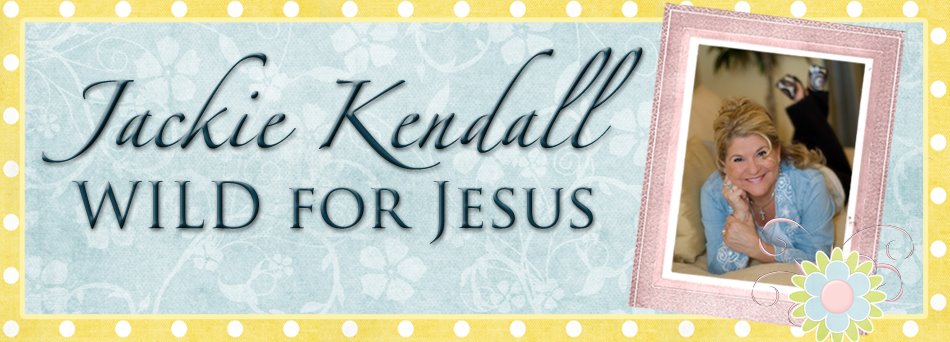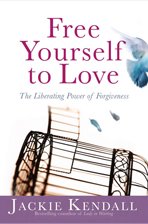Are you concerned about your children’s teeth? If you’re like me, you’ve probably been known to harp on your children to brush and floss their teeth. And it’s a good thing to be concerned about! But I am often amazed that parents can be so thorough in teaching their children about dental hygiene yet neglect the ultimate hygiene of the soul. Parents will allow their children to grind their teeth in anger towards a sibling or a teacher or a parent and not get that the soul is actually “cleansed and flossed” when a person learns how to be a good forgiver.
Likewise, we focus on our children doing well in school or in sports to assure them a great future. But here’s a fact: I know hundreds of students who have passed school but have flunked life.
Children who are coached in how to ask forgiveness and how to give forgiveness will be a pleasure to be around their entire lives
Here are a few coaching tips for teaching your child how to be a good forgiver:
- Let the child articulate the grievance, offense or hurt (ie., being embarrassed by someone in class)
- Ask the child how it made him/her feel. (You are using this situation for healing and instruction in loving freely—which is forgiving freely.)
- Ask your child to name a “hero.” Then encourage her or him to do something truly “heroic”—to forgive this person for hurting their feelings.
- Encourage your child to pray with you—because to pray for the offending person is to overcome evil with good. Pray that God will bless this person and make him more like Jesus. (Rom. 12:21) (Note: You can’t fail when you pray with your child. In fact, the only failure in prayer is to not pray.)
- Remind your child after praying for the offender that this prayer was a most “heroic” act—to pray blessings on those who hurt you is using the “super power” of Jesus’ in you!
One day our daughter came home crying about how mean her teacher had been the whole week. Apparently there had been several incidents where she had actually screamed at some of the students, including our daughter. I let her continue to share details, so that she could express her difficult feelings, and when she was done I said, “We need to pray for your teacher before you go to sleep tonight.” Our daughter said, “We need to pray for her tonight and when we drive into school tomorrow!”
You see, our daughter was used to the “heroic” choice of forgiving others by praying for them and asking God to bless them—even when they were not acting very loving. We continued to pray for this teacher, and after a week, the teacher actually wrote a letter of apology to every student. Her private world was in chaos, and she was unfortunately taking her pain out on the students.
This incident was not isolated. If I asked my kids, “What do we do with mean teachers?” they would reply, “We pray blessings on them!” “What blessing do you think she needs?” I would ask, and immediately our child would say, “She needs to be nicer.” “OK! Well, being nicer would be a blessing to her and everyone around her.” Then we would pray. Almost inevitably, we witnessed improvement in the disposition of a mean teacher and would rejoice for the obvious answer to prayer.
These tips on forgiving also apply to mean teens. Some teenagers are so mean they emotionally “eat your child for breakfast” when arriving at school. Parents can miss this chance to tutor their teens in the skill of forgiveness through praying for these mean teens. Praying for the kids who hurt kids is a noble and heroic mission; and, in fact, those mean kids themselves are a critical mission field in our kids’ lives.
And remember, as parents, we need to practice these things as much as our children. Being offended is inevitable but staying offended is a choice. A healthy family is a place where failure is not fatal, and where forgiveness is given as freely as hugs and kisses.


















